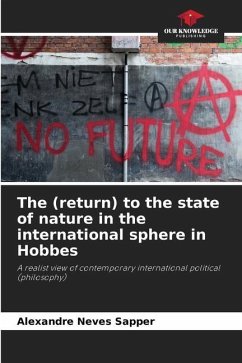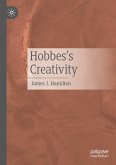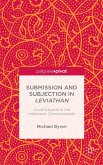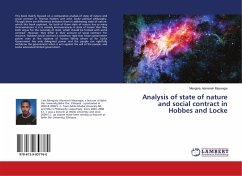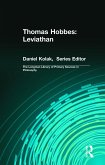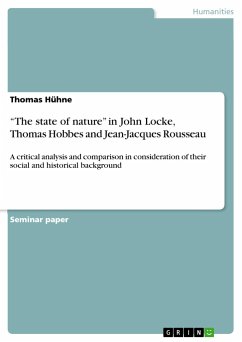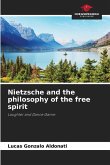In the proposal of Hobbes' Political Philosophy we note that human nature is not only bad, but endowed with passions and needs and man is born naturally free and entitled to all possible goods. The problem occurs in the dispute with other men, equally free and also in the dispute for the same goods, behold barbarism and war. Here the inhabitants themselves note that there is a need for agreement - concord - even if discordant, for survival. Fear is the fundamental element that leads men to establish the agreement with other men in order to prevent barbarity, tragedy and scourge from being the unending rule. Here we have that the part of freedom is delegated to the sovereign and force is delegated to him for the Salus Populi and the use of the sword. The sovereign that originates from the collective of individuals is the result of these, but has not made a pact with them. It is a secondary, artificial, personified entity that will be the actor in the international -or inter-national- arena with other personified states. Here we have the return to the state of nature in its original form, since all are equal and have the right to everything and the line that prevents aggression and direct disputes between States is very thin.
Bitte wählen Sie Ihr Anliegen aus.
Rechnungen
Retourenschein anfordern
Bestellstatus
Storno

